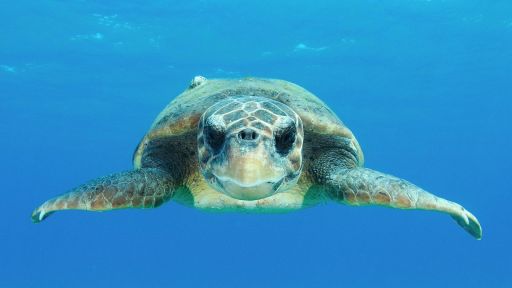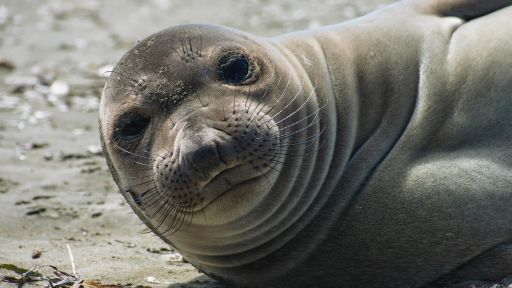The team deploys shark cameras to different sections of the Andros Barrier Reef to get an overview of the area. In total, the sharks capture 25 hours of footage, providing a much more detailed look into their world than any diver could achieve.
Features
- [Narrator] Every shark that Tristan catches, is measured and tagged as part of his long-term study to understand the abundance and distribution of sharks in the area.
- [Tristan] And 189.
We try and be as gentle as we can.
We're also tryna do this as quickly as possible, so that we can get that shark off and swimming.
- [Narrator] The camera mount has soft pads on the inside of the clamp, which gently hold it in place.
Over the next few days, Tristan and Grant manage to deploy four more shark cameras along different sections of the reef to help get a good overview of the area.
- [Tristan] Perfect.
(water splashing) Right I think we're ready to release.
- [Narrator] In total, the sharks have captured almost 25 hours of onboard footage.
Giving us a much more detailed look at their world than any diver could achieve.
- [Man] This is pretty cool. - [Man] Oh look at that.
- [Man] Barracuda. - [Man] Oh big barracuda.
(water splashing) - [Tristan] I love being able to see what they're seeing.
- [Narrator] But what the sharks have filmed, is worrying.
There's a layer of algae covering much of the reef.
Too much algae can reduce the oxygen levels and block the sunlight.
Killing the coral, which then has a negative effect on everything in the food chain from RAS to reef sharks.
- There's a lot of fishermen here, so they could be putting a lot of pressure on some of those reef fishes, that would be normally eating the algae and then maintaining the health of the system.
You've got obviously pollution as well, and then on top of that global warming.
- [Narrator] Overfishing, pollution and climate change could all contribute to this thick algae.
They're global issues and will only get better, if we continue to reduce our impact on the natural world.



